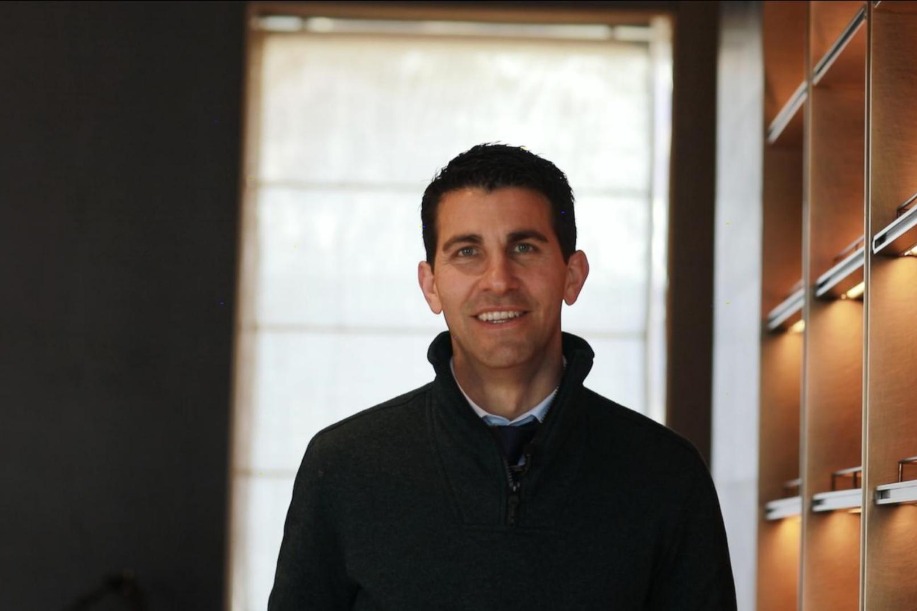Young cadres overseeing rural mediation, legal advice


Professional approach
Having graduated with a degree in hotel management from Lanzhou Vocational Technical College in Lanzhou, Gansu's capital, in 2016, Ma returned to Huanzhuang, his hometown, to start a business and take part in village affairs. In 2019, he was elected deputy director of the village residential committee, becoming deputy Party chief two years later.
For Ma, transitioning between roles and adapting to changing work requirements have underscored the significance of communication skills and deep legal knowledge when interacting with villagers.
"As a village cadre, when people approach me with questions I can't answer, I seek other ways to understand their concerns, explain matters in a way that is easily understandable and address the issues," he said.
Ma often receives calls from villagers early in the morning. For example, he assists in ensuring that the tap water supply for villagers is reconnected when it has been cut off or in resolving disputes arising from land boundary conflicts. "Times such as spring plowing, autumn harvest and the period around Chinese New Year often see heightened conflicts and disputes in the village. Of these, family conflicts and disputes about adjustments to land rentals are particularly prominent," he said.
Ma said that there are no major conflicts among the villagers because many are relatives or old friends. However, when disputes do arise, mediators can usually resolve them through commonsense methods and also by explaining the law and possible legal consequences. As long as the mediation is done correctly, there won't be any estrangement between the parties, he said.
























